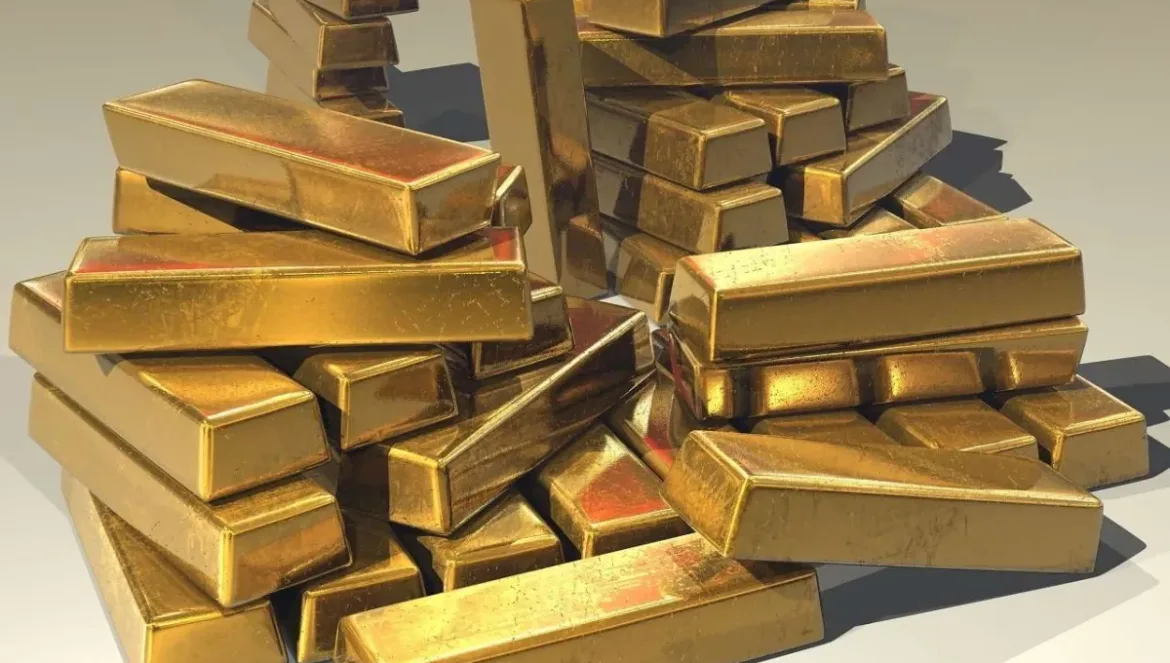The new week started in red numbers in Europe. What can fall, falls. However, that's just Europe. The rest of the world is not in such a miserable mood. So what happened in Europe: Not much, actually. But the basics are missing - the good mood, which in turn is missing some good news.
The Chinese, on the other hand, took today to mean that they had some good news to brew up some good cheer and some growth in the financial markets. They chose to take as good news the fact that the Chinese central bank cut some signal lending rates by a quarter percentage point today. It did so after it had already cut other interest rates last month as part of a stimulus package to revive the economy. (The interest rate structure in China is more complex than in Europe.) So the so-called one-year primary lending rate fell to 3.1 percent and the five-year primary lending rate fell to 3.6 percent. In China, this was enough to give the financial market a boost for now. How long it will last is hard to say, because when the Chinese central bank first announced its support packages, it caused tremendous turbulence: speculators could not decide whether to buy or sell, and so the market swung wildly up and down.
At least for the time being, China is happy with lower interest rates, but Europe sees it differently. This week, we are expecting a number of corporate results. And they have not been going well in the previous weeks. In addition, the Middle East is still fighting and the US presidential election is also imminent. As a result, not only European shares are falling, but also European bonds. When two fight, the third laughs. And who is the third when both stocks and bonds are falling? Gold, of course, as an alternative to securities and classic investments in general. So gold has reached another (!) all-time high today. Today its price is already above $2,735 per troy ounce, and by all accounts this is far from the end of its winning campaign.

Paradoxically, everything we have already mentioned is playing into gold's hands: not only the rising war tensions around Israel and neighbouring countries, not only the fall in securities such as bonds and stocks, but even China's interest rate cuts. The lower interest rates are, the lower the yield fixed-interest assets such as bonds yield, so they are no longer competition for gold, which is not interest-bearing. At the same time, the US and European central banks, i.e. all the major economic zones of the world, are also cutting interest rates.
The US presidential race is also playing into gold's hands. Both candidates have something that can be considered a risk from the point of view of financiers: Donald Trump has his trade protectionism and tariffs. Kamala Harris, on the other hand, has her far-left ideology, which entails taxing the rich and probably financial transactions. Neither is good for money and investing. But at the same time, neither is good for gold.
But the asset that is bothered by all of this together is stocks in particular. The big investment bank Goldman Sachs has now come up with a rather revolutionary analysis (but I agree with its conclusions) that few would expect from a corporation that also trades stocks for a living. In fact, Goldman Sachs is literally anti-publicity for itself with this analysis. It shows that over the next 10 to 20 years, the return on investment in equities should gradually decline significantly. This could happen in one of two ways, and probably a combination of the two: either dividends would fall noticeably, or European-American share prices would fall noticeably. The main reason, which is not named in the analysis, but which the monetary economist senses in the background, is the bursting of the so-called monetary illusion that has been inflated for many years.
Markéta Šichtařová
Eurodeník 21.10.2024 Next Finamce s.r.o. Nextfinance.cz
AUDIO form can be found here
ILLUSTRATIVE PHOTO - pixabay



